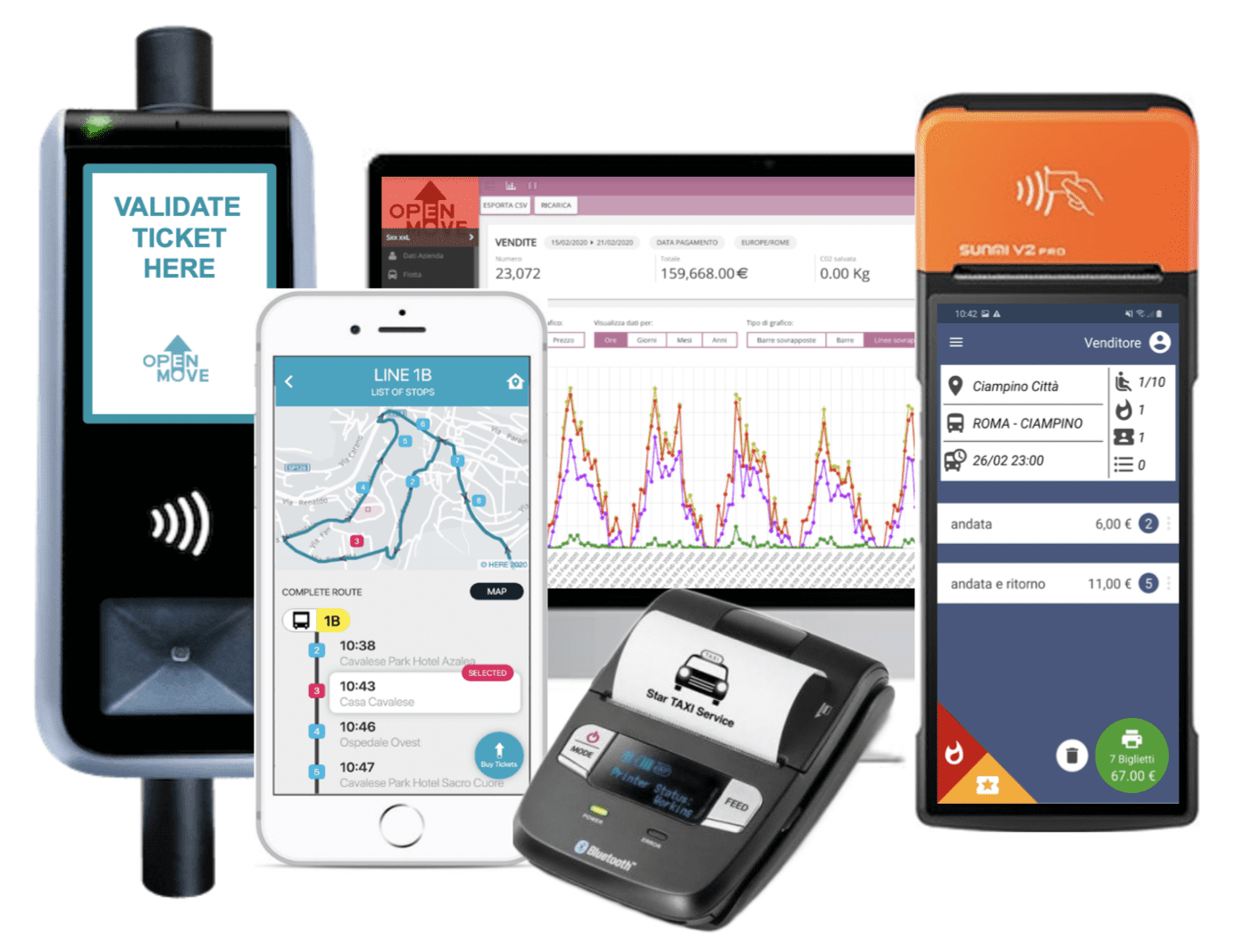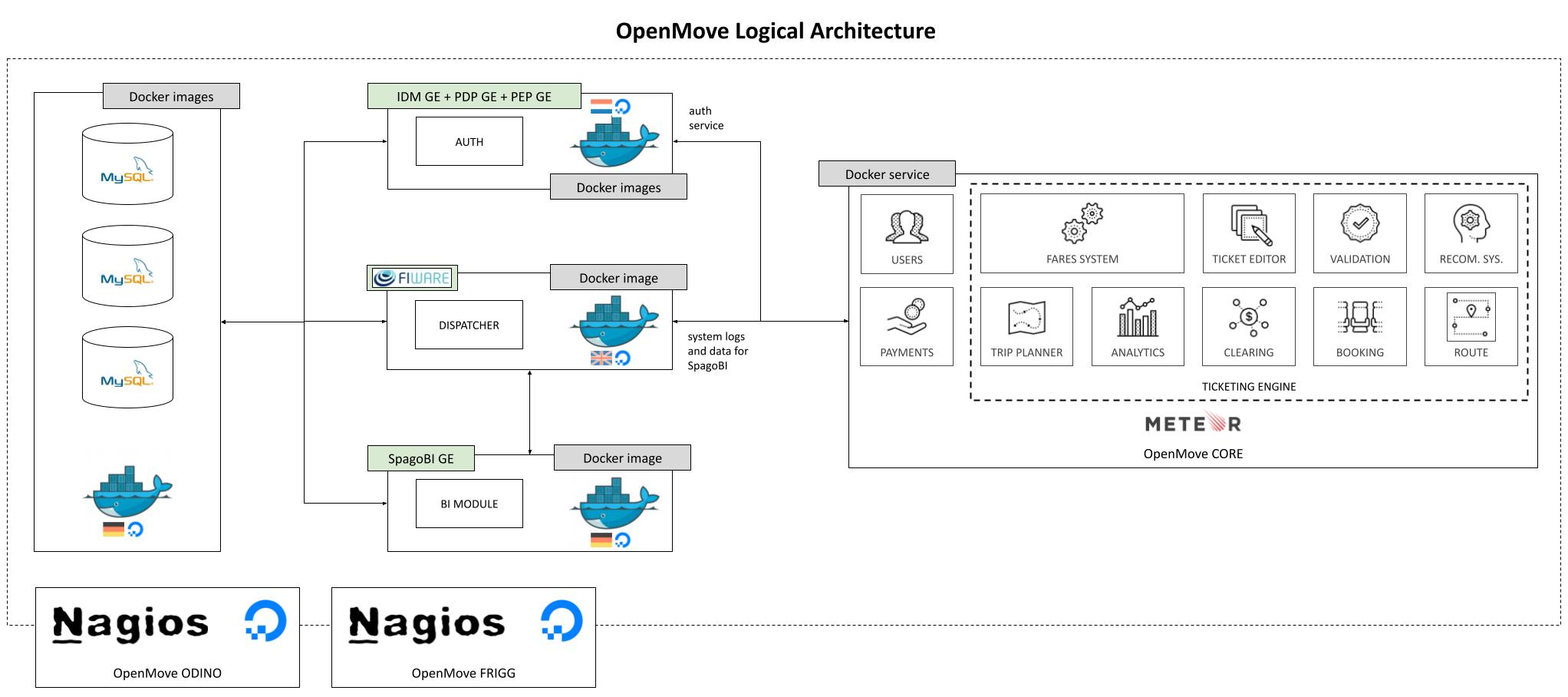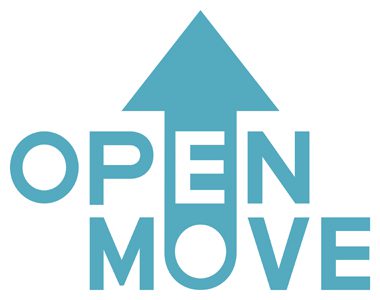Challenge & Context
The digital transformation of the outdated transportation sector is crucial for an improved mobility model, able to add real value to people’s lives. How can we digitize transit fare collection and passenger information? The mission of OpenMove is based on two concepts: to move and travel freely and to do this in a sustainable and efficient way.
According to the Sustainable and Smart Mobility Strategy laid out by the European Commission,“Digitalisation will become an indispensable driver for the modernisation of the entire system, making it seamless and more efficient.” The report continues by stating that “connected and automated systems have enormous potential to fundamentally improve the functioning of the whole transport system and contribute to our sustainability and safety goals”.
Smart Mobility has the potential of reducing traffic congestion and therefore lowering air and noise pollution as a consequence. When it comes to citizens’ daily lives, Smart Mobility can save time when planning a journey more efficiently and saving time and resources through virtual ticketing.
When OpenMove started, opportunities related to interesting market trends were rising; people started speaking about Smart Cities, mobile payments or Smart Mobility. When data related to local public transport was released as open data in Trentino, the right opportunity became suddenly apparent. The Province of Trento has been running an open data catalogue since 2013. In terms of quantity and quality of datasets, it is one of the most extensive catalogues in Italy. In 2014, OpenMove won the so-called “Open Data Challenge”. Which represented the starting point for developing the mobility app called OpenMove.
Solution
The OpenMove journey started in 2015, when a simple app was developed for ticketing and infomobility. OpenMove offered Mobility-as-a-Service (MaaS), a concept hardly present at that time, with the aim of providing users with the best travelling experience.
Several modules have since been added and a whole state-of-the-art suite is now offered, including (but not limited to) Account Based Ticketing, Demand Responsive Transport, Fare Collection, Passenger Information, and more.
OpenMove uses cloud service provision rather than on-premises solutions and Software-as-a-Service solutions as a business model.
OpenMove is purely software focussed. No hardware is designed or built by the company, which means customers can choose their preferred hardware to use in conjunction with OpenMove software. However, advice and support is always given to customers on hardware requirements.
OpenMove today offers multiple solutions for dispatching and managing transit fare collection, addressing vendors and controllers, ticket offices and, as a novelty of last year, even onboard validators.
Mobility-as-a-Service is a key element for OpenMove’s future, in order to consider the proper mix of freedom and sustainability. MaaS integration is the real core and focus is being placed here.
OpenMove Suite is an ecosystem of software solutions for MaaS. The Suite provides information and access to multiple mobility services, making the most out of the possibilities offered by mobile, web and cloud technologies. OpenMove Suite interconnects the entire mobility offer of any city or territory into a multimodal framework. The user is at the center and can travel freely, finding the best door-to-door travel solution, paying with one tap and always benefiting from finding the best fare available.
Figure 1 . App and Dashboard
OpenMove Suite is composed of 5 modules:
- The application OpenMove WAY allows the user to find information on mobility and conveniently purchase tickets with their smartphone, drawing on a fully integrated mobility offer. It offers powerful features such as trip planner, multimodal integrations, next-time arrivals and one-tap payment.
- The application OpenMove ACT for field personnel is the ideal tool for inspectors and collectors. OpenMove ACT allows to issue tickets thanks to a thermal printer, collect cash or credit card payments and inspect digital and paper tickets or smartcards.
- OpenMove ATLAS is the control center of the OpenMove Suite that allows complete management over the mobility scheme. The web dashboard OpenMove ATLAS allows the implementation of mobility policies, managing fares, lines, routes and timetables, and collecting ridership and sales data to optimize mobility.
- The engine OpenMove NUCLEUS is the heart of OpenMove Suite and orchestrates all operations and data between the different modules, ensuring maximum reliability and security. OpenMove NUCLEUS is designed to integrate with already existing information systems and act as a collector of services and mobility data.
- OpenMove HORA is a Copernican revolution in the world of transportation: on board, the validators will find versatile and robust new software distributed through a private and centralised system ensuring self-updating capabilities.
How it works
Delivering public transport information and tickets demands the highest levels of enterprise reliability. Therefore, particular attention has been put on the technical architecture to meet the highest standards of Service Level Agreement (SLA).
OpenMove products are executed in production within a cluster platform created with Docker Swarm, featured by FIWARE. This ensures continuity of service, fault tolerance, disaster recovery, load balancing and easy scalability.
When it comes to the database, a double approach has been adopted.
MongoDB is used to store the data produced by the system. MongoDB is a non-relational database that guarantees better performance, greater scalability and a faster and more agile development activity compared to traditional databases.
Static data is instead stored in a PostgreSQL database. PostgreSQL is one of the most used relational databases, with over 30 years of development by a rich open source community. The project carried out valuable pioneering work and developed numerous concepts that were subsequently introduced into other database systems (mostly commercial).
In order to guarantee 24/7 uptime, a crucial part is played by the monitoring system. The entire system is monitored by Nagios-based monitoring systems, replicated in order to ensure continuity of the monitoring service even in the event of a monitor failure.
Below a description of the Architecture.
Figure 2 . Logical Architecture
Benefits & Impact
OpenMove solutions have been adopted in 11 countries worldwide, including Europe, the USA and Middle East, and now manage 10M trips per year, processing €50M of transport tickets per year.
Some of the most important implementations can be found here:: Airport Bus Express, Autostradale, Società Italiana Trasporti, Coos County Area Transportation District, ENI, BFT (Somfy group), Waterbus, Regione del Veneto, Regione Piemonte, Provincia Autonoma di Trento, City of Batumi, Khujand Public Transport, Albanian Road Authority.
The OpenMove approach is hardware-agnostic for the profound exploitation of common low-cost devices without any lock-in, such as Android-based handheld devices for collectors and convenient onboard validators. In this way, customers are free and not dependent on a single vendor/supplier of hardware, which could mean potential high maintenance costs. This is a real revolution for the mobility sector: use off-the-shelf hardware and state-of-the-art software whenever possible.
Added value through FIWARE
OpenMove has been part of the FIWARE ecosystem since 2015, having benefited from the accelerators Finodex, CreatiFi and frontierCities2 to design and develop the first three products of OpenMove Suite. OpenMove was able to take advantage of not only technology and funding, but thanks to FIWARE, the company was able to participate in the most important trade events in Europe regarding smart mobility: Smart City Expo World Congress in Barcelona, Intertraffic in Amsterdam and ITS European Congress in Eindhoven. These trade events have proven to be fundamental in building a transnational network and to keep pace with innovation and market trends.
The impressive line-up of FIWARE Accelerators who believed in OpenMove:
Development: realisation of the app for OpenMove WAY users. Added value: first coaching for the newly founded OpenMove company, first funding to make the first hires, awareness and media attention on open data issues, participation in first international events (e.g. South Summit).
Development: realisation of OpenMove ATLAS management dashboard. Added value: first contact with customers in Northern Europe (a very advanced market for Smart Mobility), the company laid the foundations of the self-service approach (i.e. through the OpenMove ATLAS console customers are completely autonomous in managing mobility schemes).
Development: production platform based on Docker Swarm technology (generic enabler at the heart of the production infrastructure) and Nagios monitoring system. Added value: participation at trade exhibitions: Smart City Expo World Congress (Barcelona), ITS World Congress (Eindhoven), Intertraffic (Amsterdam), FIWARE Global Summit (Malaga), coaching, networking opportunities and press releases to the media.
References
- Blog: for valuable information on Smart Mobility and in particular Mobility-as-a-Service



